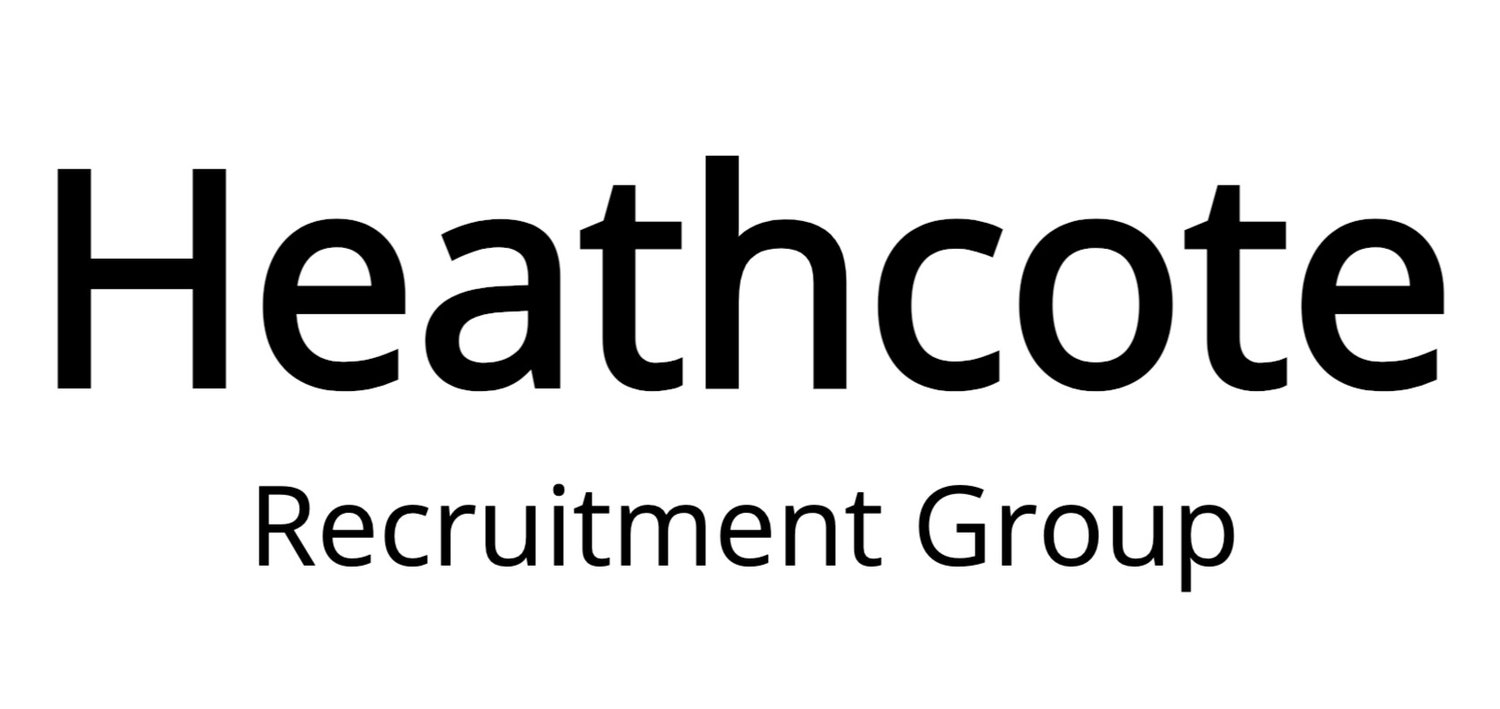With the end of your University career in touching distance, now is the time to think about making some minor life adjustments from those late nights and lie-ins to ease you into the daily grind.
The working world can come as a bit of a shock when you are used to life on your own schedule. After all, there is no skipping your 9am when you have a team relying on you. As you enter the world of work, your aim should be to make the minor adjustments that enable you to ensure you remain productive and proactive. To help you achieve that, we have thought about some top tips to help you out:
1. Get prepared
Whether you have a job lined up or not, getting into the 9-5 routine early on will make the transition much smoother. Remember, looking for that first role out of University is a job in itself. By sticking to a routine and getting into the right frame of mind early on will make your first few weeks that little bit easier.
2. Assume the mindset
As you enter the working world, you will be surprised how far you will go by maintaining a positive and proactive mindset. By being open to feedback, remaining flexible and resilient to failure, you will find yourself progressing into the working world much more successfully.
3. Research the culture
Do what you can you investigate the culture at your new place of work. Tools like Glassdoor and LinkedIn as well as asking the right questions in your interview can really help give you an inside look at the culture in your new office. Make sure it’s a right fit for you, and ahead of your first day, think about how you can involve yourself and contribute.
4. Rest up!
It may seem simple, but getting into a healthy sleep routine can really make a difference when it comes to cognitive performance, boosting short-term memory, and just generally feeling perkier! So switch up the party lifestyle sooner rather than later to ensure you hit the ground running in your new role.
5. Reward yourself
While you should be keen to make an impact in your first role, you should also remember to make time for yourself. Whichever way you let your hair down, make sure you leave time for it in your week – you may need to be more structured with your day, but that doesn’t mean it’s all work and no play.
Making the transition from University to the working world is rich with fresh challenges and experiences to navigate, by keeping these tips in mind when embarking on this journey you will set yourself up for success. It is an exciting time and the start of potentially one of the most significant adventures of your life!
To find out about the latest career opportunities with ESA Group, keep an eye on our blog and LinkedIn page.






